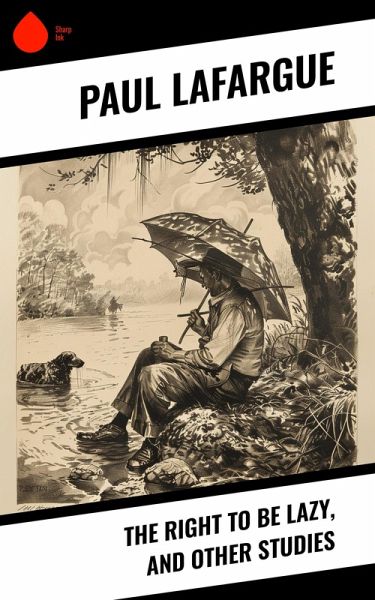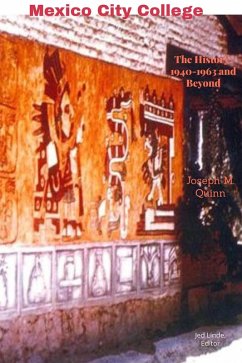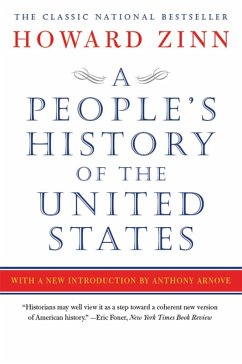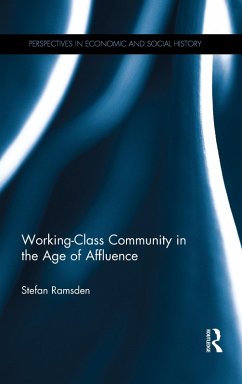
The Right to Be Lazy, and Other Studies (eBook, ePUB)

PAYBACK Punkte
1 °P sammeln!
In "The Right to Be Lazy, and Other Studies," Paul Lafargue presents a provocative critique of work ethic and capitalist exploitation in the late 19th century. Employing a blend of polemical style and satirical wit, Lafargue constructs a compelling argument that champions leisure as a profound human right, positing that the relentless pursuit of labor not only stifles individual creativity but also perpetuates societal ills. His work intertwines Marxist theory with psychological insight, rendering a multifaceted examination of the implications of industrial capitalism on personal freedom and h...
In "The Right to Be Lazy, and Other Studies," Paul Lafargue presents a provocative critique of work ethic and capitalist exploitation in the late 19th century. Employing a blend of polemical style and satirical wit, Lafargue constructs a compelling argument that champions leisure as a profound human right, positing that the relentless pursuit of labor not only stifles individual creativity but also perpetuates societal ills. His work intertwines Marxist theory with psychological insight, rendering a multifaceted examination of the implications of industrial capitalism on personal freedom and happiness. Paul Lafargue, a son-in-law of Karl Marx, was deeply influenced by the socio-economic conditions of his time, which fueled his advocacy for workers' rights and social reform. Born in Cuba and raised in France, his unique background endowed him with diverse perspectives on class struggle and the nature of labor. Lafargue's experiences as a political activist and his exposure to Marxist thought catalyzed his quest to question societal norms surrounding productivity, ultimately leading to the creation of this seminal work, which remains relevant in contemporary discussions around work-life balance. I highly recommend "The Right to Be Lazy, and Other Studies" to anyone interested in labor theory, social critique, or the intersections of leisure and productivity. Lafargue's insightful analysis encourages readers to reevaluate their relationship with work and leisure, making it a crucial text for understanding both historical and modern dynamics of labor.
Dieser Download kann aus rechtlichen Gründen nur mit Rechnungsadresse in A, B, BG, CY, CZ, D, DK, EW, FIN, F, GR, HR, H, IRL, I, LT, L, LR, M, NL, PL, P, R, S, SLO, SK ausgeliefert werden.













